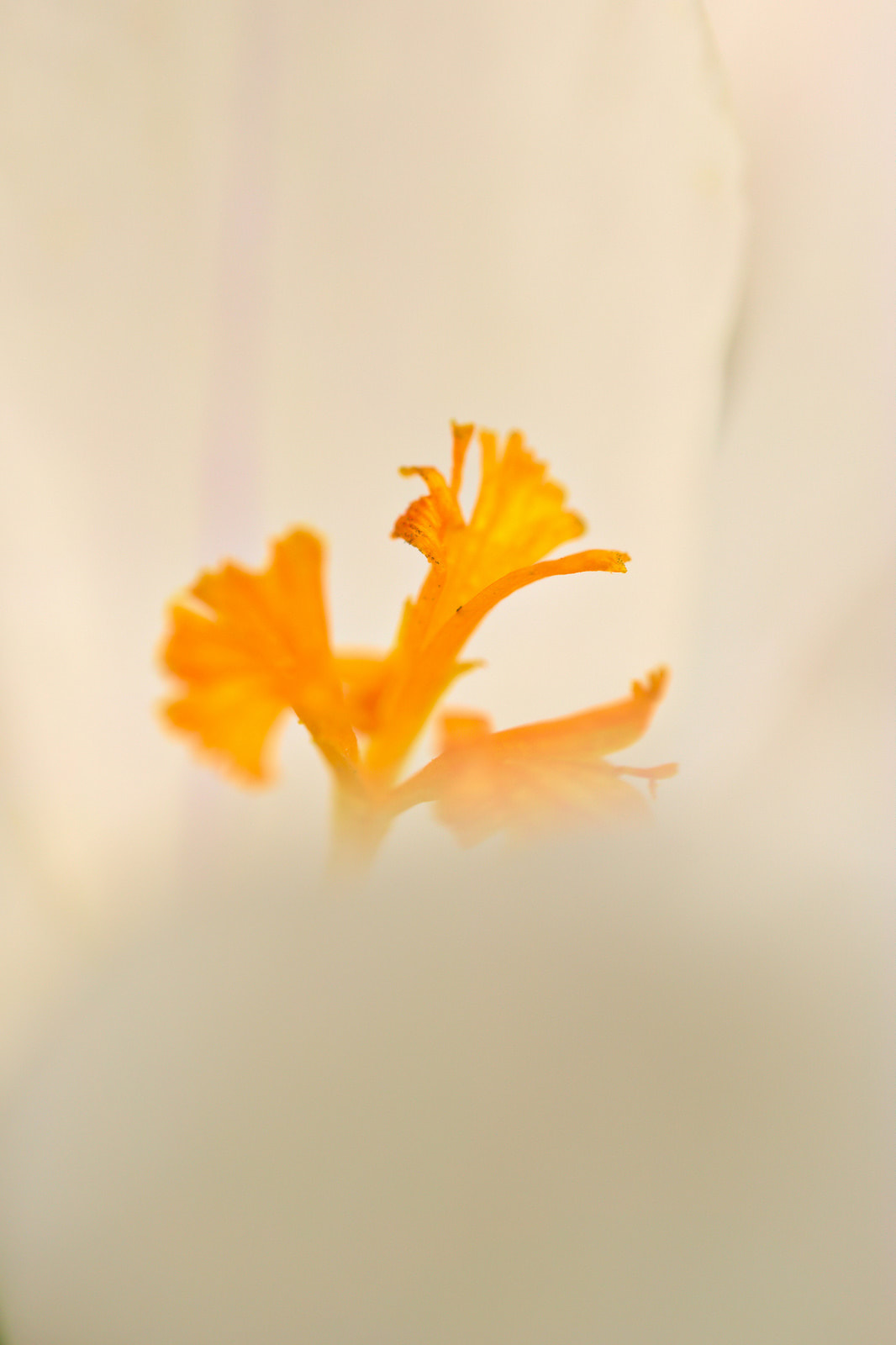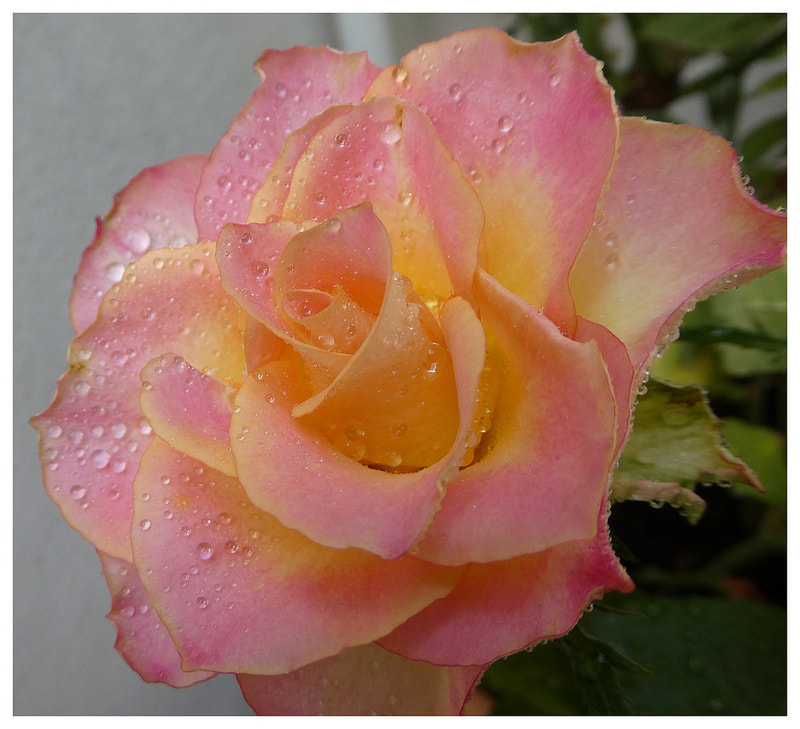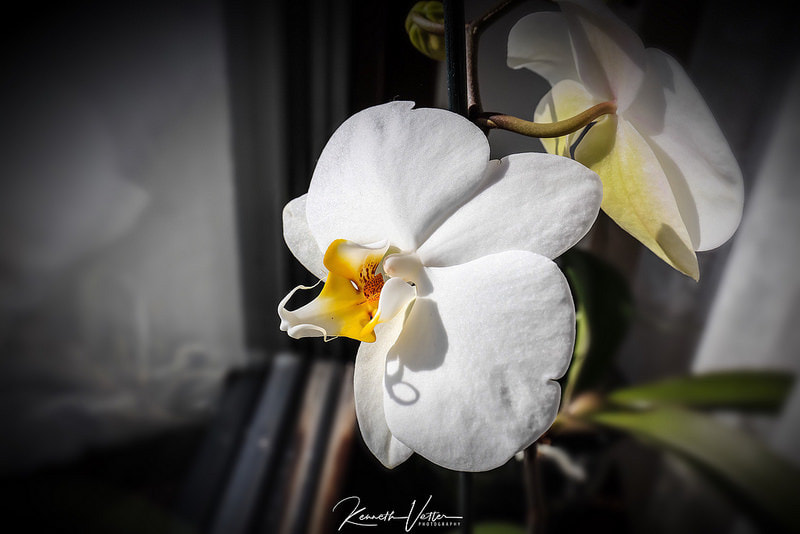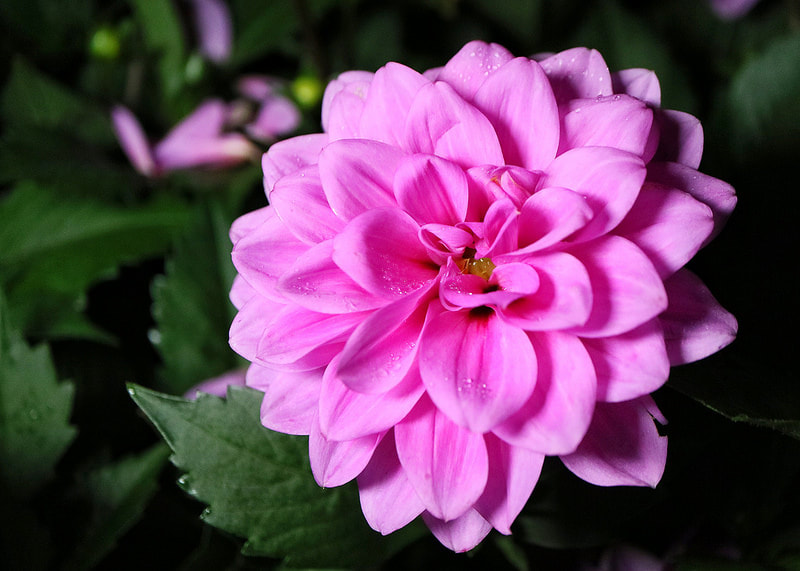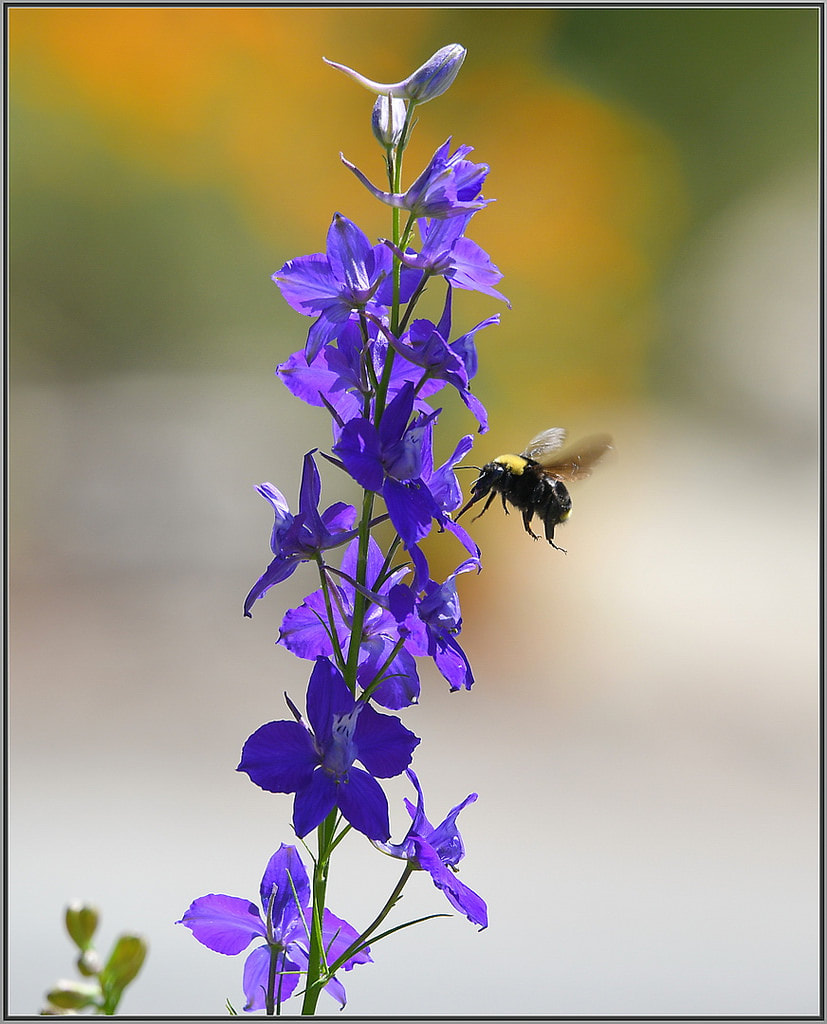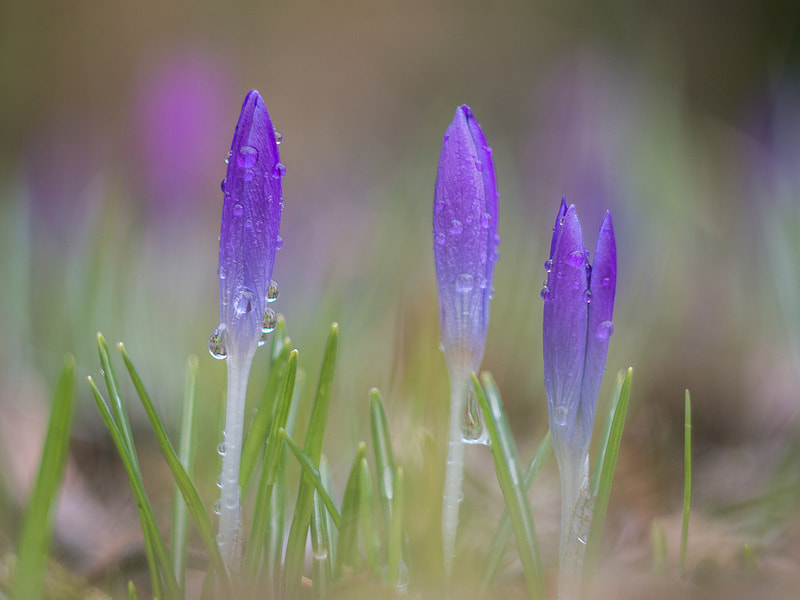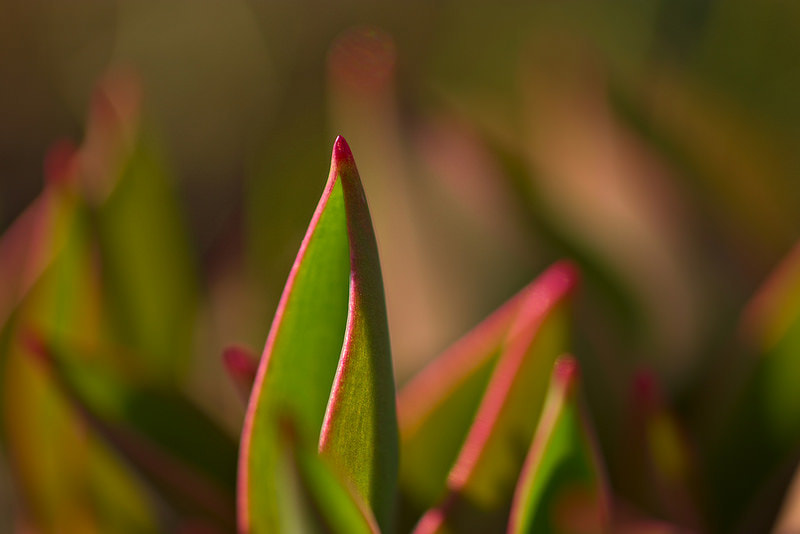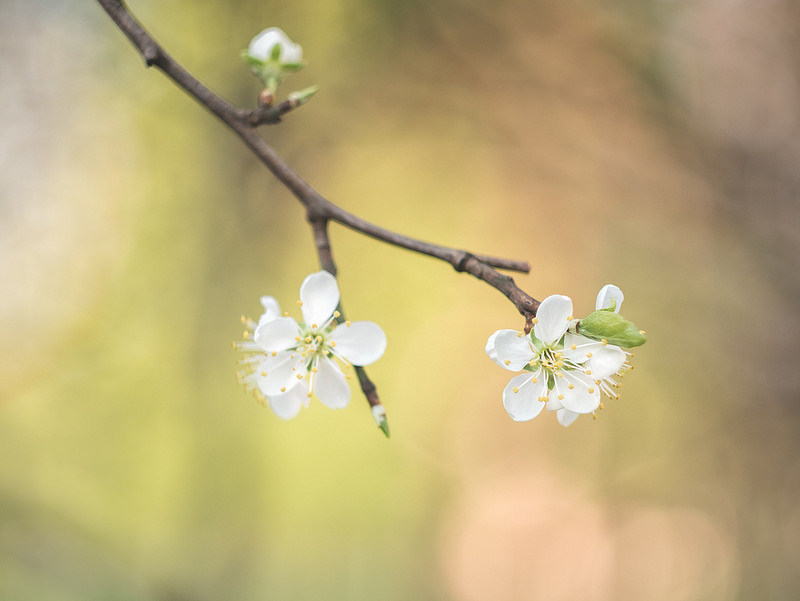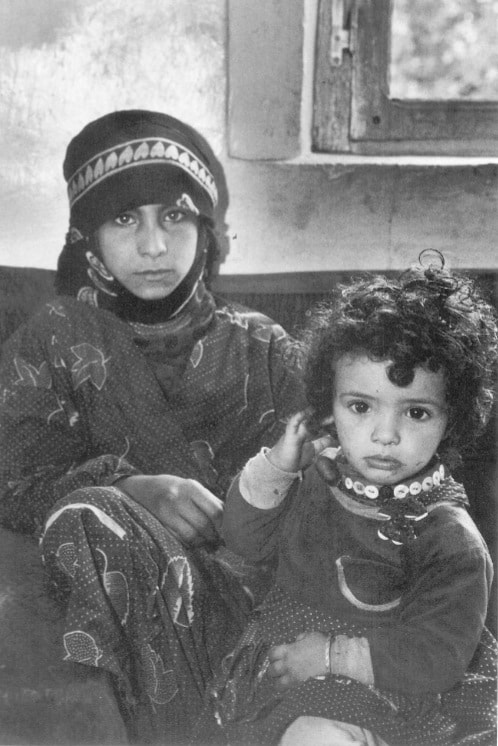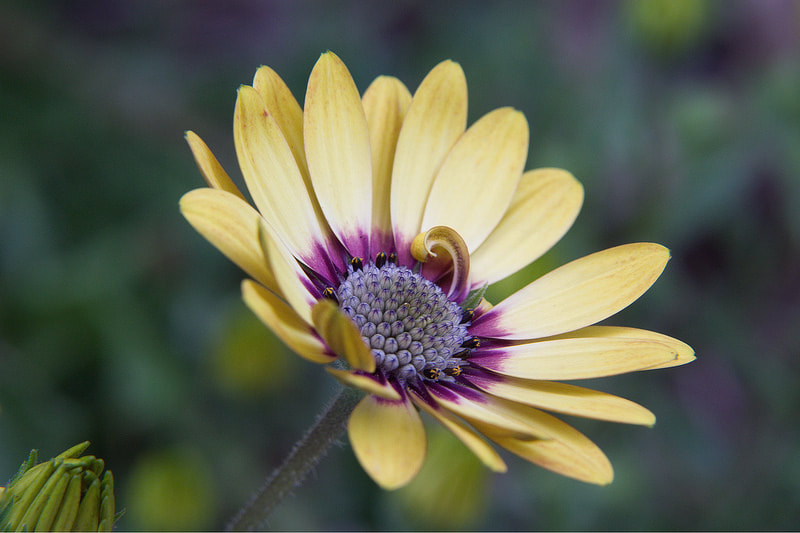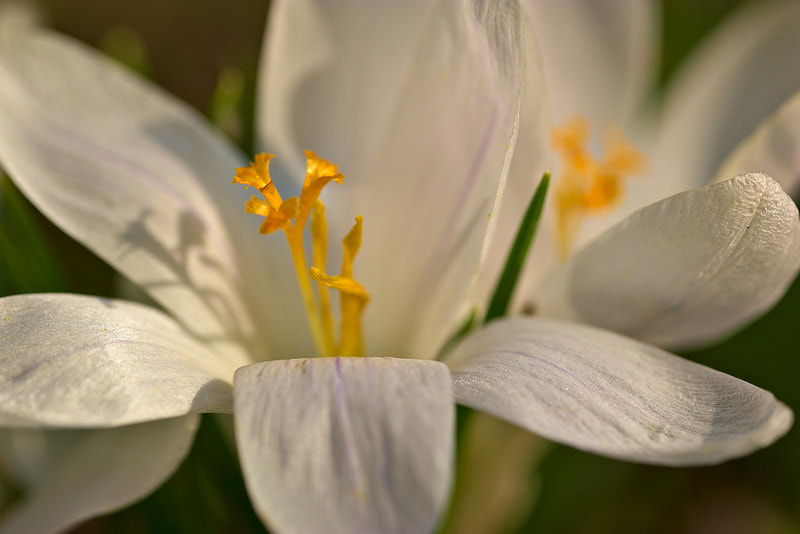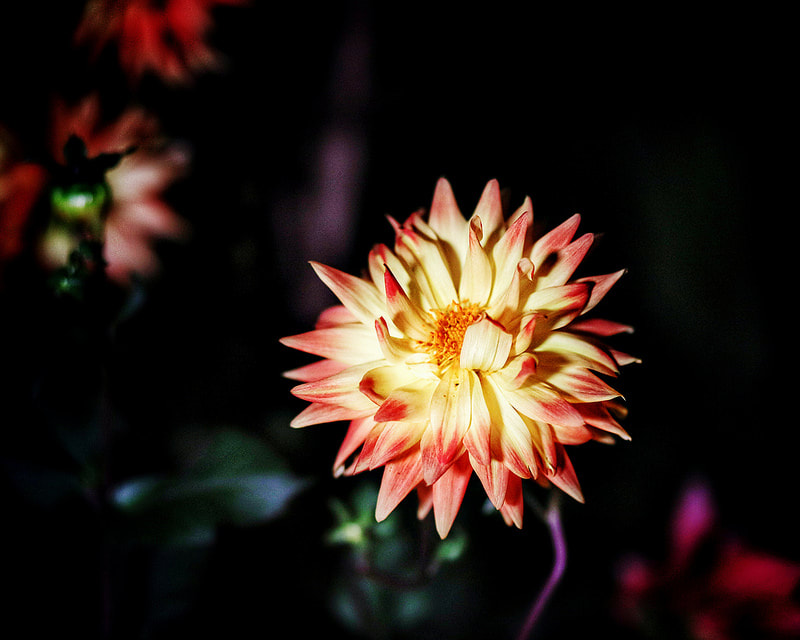- Home
- Process Worldview
- Community
- Art and Music
- Whitehead and Process Thinking
- Podcasts
- Spirituality
- Ecological Civilization
- Education
- Contact
- Social Justice
- Science
- Animals
- Sacred Poems
- Whitehead Videos
- Index of All Titles
- Practicing Process Thought
- Process Spirituality: A Spiritual Alphabet
- Recent Posts
Four Reasons I'm Bound to Israel
see also:
|
A Moment
by Admiel Kosman מַזְכִּירִים אוֹתִי כָּעֵת, אִשְׁתִּי,
בִּנְשִימָה אַחַת, בְּיַחַד עִם הַיּוֹם וְעִם הַלַיְלָה. אֲנִי נִזְכָּר בְּיַחַד עִם הַשֶׁמֶשׁ, הַיָּרֵחַ, צְבָא הַכּוֹכָבִים. מַזְכִּירִים אוֹתִי כָּעֵת בִּנְשִימָה אַחַת עִם הָאֲוִיר הָרַךְ הַמְסַבֵּב אֶת הַיְקוּם. |
I write these words on board a plane flying to Israel. In our time that fact is neither unusual nor noteworthy. But what is noteworthy is my excitement every time I board this flight, the thrill I get when I hear the announcements made in Hebrew, the diverse faces, attire, and lifestyles of the Israelis who bustle around me, the sheer reminder of how unlikely, and miraculous, Israel's reality remains.
In our time, simply loving Israel has become enmeshed in attitudes toward specific policies of Israel's government, certain sentiments of some of its citizens. But this blurring is an error. There is nothing wrong with (even strong) disagreements. But my core convictions about Israel, and the large role Israel plays in my own and my family's identity transcends politics, policies, or partisanship. I love the United States without agreeing with (or supporting) everything it has done or does, and certainly without agreeing with all of its citizens' political preferences. Why can't we feel that same way about our many ties to Israel. Of course, there is a difference: rarely do I feel the need to articulate why it is that I love America despite areas of sharp dissent. Most of America's enemies want it reformed, not obliterated. Those who feel wronged by its government want restitution and a change in course. They don't seek to drive Americans into the sea, nor to wipe it from the face of the earth. Israel's enemies (and I don't intend here people of good will who dissent from particular practices or claims of Israel's government, as I sometimes do as well) want Israel removed, terminated, destroyed. In the face of that venom, and in the face of so many well-meaning people whose disagreements with particular Israeli policies or claims has distracted them from their core of affection and identity, I feel impelled to speak out, to re-assert the possibility — no, the necessity — of affirming the pervasive, fundamental shared bonds that both transcend, and make permissible, raucous dissent and debate. Why is it that, despite our diverse politics and passions, so many American Jews continue to feel a special tie to Israel? And why is it unlikely that that bond will fade? I believe there are 4 primary reasons for our continuing sense that our own identities are inextricably linked to Israel and its ability to thrive. Reason One: The LandI love the hills that rise from the Israeli coastline ascending to culminating heights around the Judean mountains with Mount Zion. I love the red clay soil and the plethora of pine trees that lend the air a distinctive, tangy scent. I love the way the golden sunlight bounces off the sandstone of Jerusalem and makes the city shine. Watching the waves of the Mediterranean dancing on the shores of Tel Aviv and Jaffa makes me smile, and I love strolling the gentle hills of the Galilee, wandering the valleys near Safed in the north, contemplating the alluring wadis and the deserts of the Negev in the south.
In a deep way, those hills are a part of me, as are the valleys, desserts, the ice cold waterfalls in the north. This land weaves in and out of my people's memory throughout the millennia, and permeates our spirit too. If one can never love land in the abstract, but only through loving particular land, then we — along with other first peoples — teach less rooted folk how to love our planet by first loving one place passionately. I know we are not the only people to have fallen in love with this place. Most recently Palestinians, but in antiquity Jebusites, Hittites, Philistines and others have loved and love it too. Jews and Palestinians will have to find a way to each love this land in our own ways. It is a beautiful, soul-gripping land and my Jewish groundedness is inconceivable without it. I know what it means for land to be holy because I love this holy land. I know how land roots us in hope and possibility because I love this promised land. Reason Two: The PeopleJust as one cannot love land in the abstract without loving particular lands, one cannot love humanity abstractly without loving actual people. I love all humanity (most of the time), but I do feel a distinct fellowship with my fellow Jews, the Children of Israel, around the globe and throughout the ages.
That Jewish unity integrates my own identity with large and dynamic Jewish population centers. As a Los Angelino, I live in one such vibrant center. I also feel an emotional tie to New York for the same reasons. To the degree that human identity extends beyond our own individual chronology, my imagination draws me to large Jewish centers in ages past: Warsaw, Berlin, Vilna, Cordova, Granada, Baghdad, Alexandria — these centers have all been home for us at different times, all have made a permanent contribution to what it means to be Jewish, and all feel like home in some way. In every age, Israel has been the home par excellence. Throughout the ages, we looked to Jerusalem, to Acco, to Safed as home of origin and of destiny. Even if the other reasons didn't hold, the fact that Israel is fast emerging as the largest single center of Jewish population would be enough to make it a central focus of my own identity as a Jew. Many of my people are there, among them family and dear friends, and so is a piece of my heart. Reason Three: The CultureSo much of Jewish culture springs from Israel. The stirring visions of the Prophets, Isaiah, Jeremiah, Micah, we're garbed in speech from this place. The conversations of our earliest rabbis, stylized in the Mishnah, emerged on their walks through its fields and orchards. While the Jews of Babylonia were specifying the law, the Jews of Israel created synagogue poetry (piyyutim) to spice up the service, and generated the playful, wondrous rabbinic legends and stories that became the Midrash - ancient Israel's bounteous play with Scripture. In the Middle Ages, Israel's north became home base for a renewed Kabbalah - a mystical theopoetics so compelling that it attracted Christians and Muslims to its orbit and continues to enchant many contemporaries in search of spirit.
The cultural renaissance centered in Israel flowers today too. Israeli poetry rebirths a language that once was the exclusive provenance of rabbis and sages. Leah Goldberg, Yehudah Amichai, Admiel Kosman and others weave that venerable language in astonishing garlands of new insight and human transparency, and Israel's clusters of novelists are among the world's best. In art, theater, and music, Israeli artists, musicians, and authors shine a light that lets me see myself more clearly, and they speak a contemporary Jewishness that extends our ancient culture into new, uncharted waters. I am bound to Israel because these cultural creators are helping me remake myself as a Jew and a human being. Reason Four: Self-DeterminationThe final reason I am bound to Israel is more stark: after two thousand years of being the recipients of other people's power, of living under the rule of others, the Jewish people are today asserting their claim to self-determination. Other peoples are imperfect in their governance, but retain the right to govern themselves and to fight for reform. After millennia of persecution, Israel represents a unique way that the Jewish people lay claim to that same right.
I know that Israel and Zionism are not the only way that Jews engage with power. As a proud citizen of the United States, I am inspired by the way Jews have engaged in every social justice movement of this country throughout the past century. I am moved by the extent of Jewish participation in the electoral process and of our effectiveness in conveying our perspectives and insights to our elected officials. Democracy is also a treasured way that Jews are taking their place among the rest of humanity as agents of their own future. But so is Zionism. And Israel is a democracy in process. Israel reflects the sustained effort of the Jewish people to be self-determining in a predominantly Jewish polity, and Israeli democracy can never give up on the struggle for social justice domestically and for peace, security, and dignity with the Palestinians and other Arab neighbors. Israel is the only nation state in which Jews wrestle with such challenges in a Jewish democracy, which itself claims my attention, my honest response, and my deep, deep gratitude. Jews, like other people, now wield power too. Bound to IsraelI am on a plane bound to Israel, and my heart is bound to Israel. I love that land (and with it, the planet). I love that people (and with them, celebrate all peoples and our shared humanity). I love the ever new, ancient culture that continues to bless the world with poetry, fiction, art, insight and wisdom, all in the ancient dancing letters that grace the Torah and voice the Prophets). And I believe in the right of the Jewish people, as with all peoples, to exercise self-determination in our own land.
I look to the day when Israel's neighbors offer their own version of these four assertions, not as triumphalist obliterations of others, but as the common core of what human belonging means for all of us. When Jews stand connected to Israel, we are living our own version of the universal reality that only when we recognize every people's access to these grounding claims do we make room for our own humanity, for a shared and diverse world, and a worthy future. |
